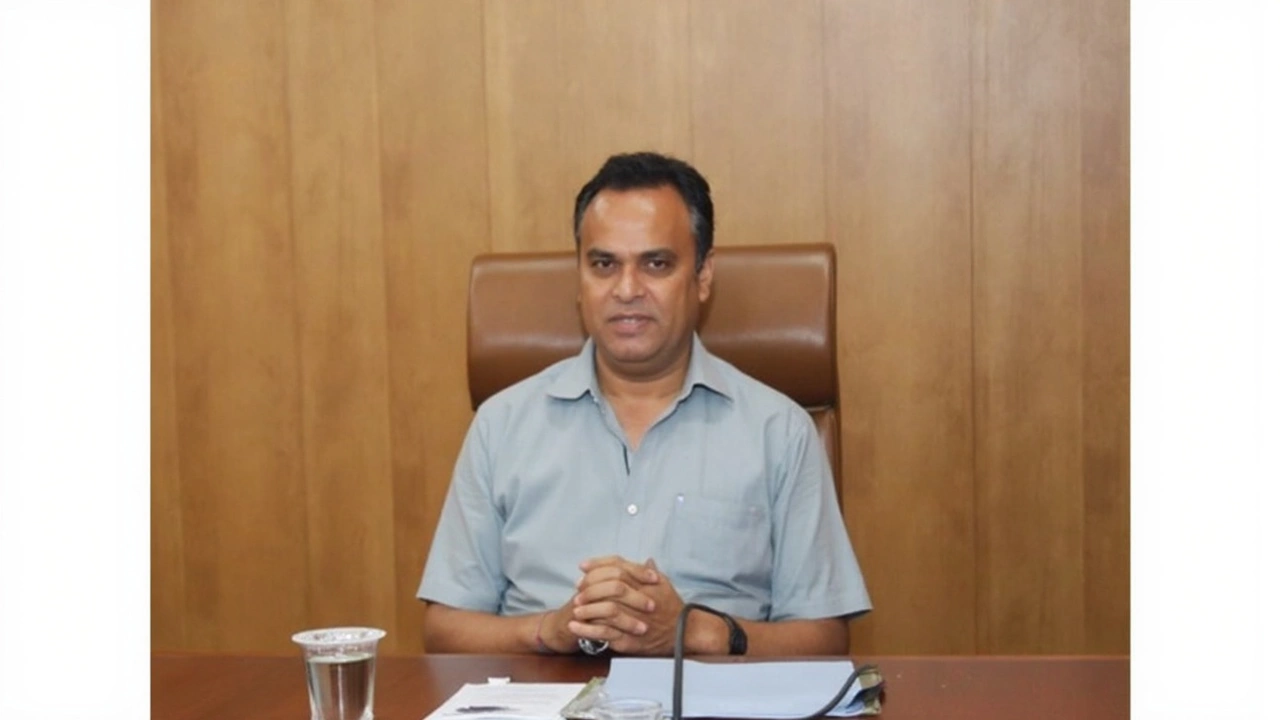Communal Tension in India: What It Is and Why It Matters
When neighborhoods, towns, or even whole states get caught in fights between different communities, life gets messy. You hear about protests, clashes, or tensions spilling into the news, and it feels like the country’s peace is on a thin thread. Understanding why this happens and how to stop it can make a real difference.
Why Do Communal Tensions Start?
Most of the time, a mix of history, politics, and economics fuels the spark. Old grudges over land or old court cases can linger for generations. Politicians sometimes use these feelings to win votes, promising to protect one group over another. Poverty and competition for jobs add fuel to the fire, making people look for someone to blame.
Everyday Impact of Communal Tensions
Even if you’re not directly involved, communal tension can hit your daily routine. Markets may shut down, schools get cancelled, and transport can be disrupted. Businesses lose customers, and investors become nervous. On a personal level, friends and families can feel uneasy, and trust between neighbors drops fast.Besides the obvious violence, there’s a hidden cost: mental stress. People living in tense areas often feel anxious, sleep poorly, and worry about their safety. That stress spreads to children, affecting school performance and future opportunities.
So, what can you do if you see tensions rising around you? First, stay informed but verify facts. Rumors travel faster than real news and can turn a small dispute into a bigger fight. Talk to people from different backgrounds and listen to their perspectives. Simple conversations can break stereotypes and lower fear.
Second, support local initiatives that bring communities together. Food festivals, sports matches, or cultural fairs let folks see each other as humans, not just labels. When you volunteer for an event that includes different groups, you’re building bridges without even realizing it.
Third, encourage leaders to use calm language. When a local official calls for peace, repeat that message on social media or in community groups. Positive words can drown out hate speech and remind everyone that peace benefits everyone.
If you notice hate speech online, report it. Platforms often have tools for this, and a quick report can stop a harmful post from spreading. At the same time, share accurate info that counters myths—like data showing how different communities often work side by side in businesses and schools.
Finally, think about long‑term solutions. Education that includes lessons on diversity and shared history helps youngsters grow up with less prejudice. Job programs that target disadvantaged areas reduce competition over scarce resources, which in turn cuts down one of the biggest triggers for tension.
Communal tension isn’t a new problem, but each of us can play a part in easing it. By staying aware, talking openly, supporting inclusive events, and pushing for fair policies, we help turn down the heat before it becomes a flame. A calmer, more connected India starts with small steps in our own neighborhoods.
Assam's Dhubri on Edge: 38 Arrests After Cow Head Sparks Communal Tension Near Hanuman Temple
Dhubri in Assam saw deep communal unrest after cow heads were found near a Hanuman temple on two consecutive days, resulting in clashes and 38 arrests. Chief Minister Himanta Biswa Sarma ordered strong police actions, including arrests of criminals and 'shoot-at-sight' directives, and shuffled police leadership. The situation remains tense in this sensitive border district.
